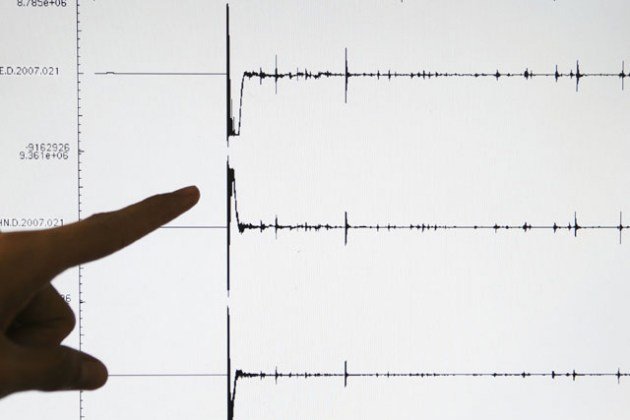OF THE
TIMES
Heaven and hell are eternal places because they are always present at the extremes of human existence, for better or for worse. People are constantly choosing between them, although they are generally not conscious of that in an articulated manner.
I agree with Oliver, we need to laugh at them. That will be harder on them than a lot else.
I concur with this post, foreign mercenaries are being killed in Gaza, they are called SAS, English army, and airforce as well as American and...
After reading the headline of this article, the image that cropped up and played out at the back of my mind was. A frightened little boy full of...
They cannot hide it any longer. Too many of us have witnessed it to attempt that.
As the SOTT comment says, that is just the start, seizing Russia's assets. When are they coming for yours and mine?
To submit an article for publication, see our Submission Guidelines
Reader comments do not necessarily reflect the views of the volunteers, editors, and directors of SOTT.net or the Quantum Future Group.
Some icons on this site were created by: Afterglow, Aha-Soft, AntialiasFactory, artdesigner.lv, Artura, DailyOverview, Everaldo, GraphicsFuel, IconFactory, Iconka, IconShock, Icons-Land, i-love-icons, KDE-look.org, Klukeart, mugenb16, Map Icons Collection, PetshopBoxStudio, VisualPharm, wbeiruti, WebIconset
Powered by PikaJS 🐁 and In·Site
Original content © 2002-2024 by Sott.net/Signs of the Times. See: FAIR USE NOTICE

Comment: See also: Shallow 5.0 magnitude earthquake hits off the coast of Gold Beach, Oregon